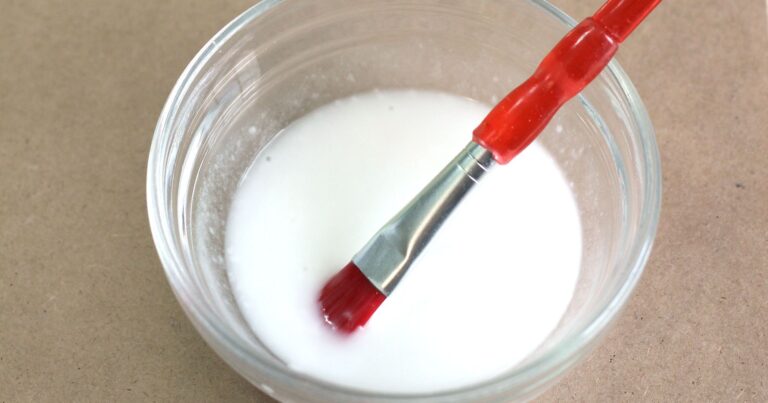If you’re looking for an alternative to PVA glue, there are a few options. Elmer’s Glue-All is a popular choice, as it has many of the same properties as PVA glue but is designed to be a bit more flexible. It’s easy to find in most craft stores. Another option is to use a polyvinyl acetate (PVA) emulsion adhesive. This type of adhesive is often used on construction projects and is known for its strength and durability.
It is also heat and water resistant, making it a great choice for any project that requires a bit more durability. Gorilla Glue is another strong adhesive that can be used instead of PVA glue. It’s a polyurethane glue that is best used on heavier materials like wood and metal. It is also very durable and is known for its ability to bond different materials together. Epoxy glue is another great alternative to PVA glue. It is often used for repairs and can handle a variety of materials. It is water-resistant, heat-resistant, and has a strong bond that makes it perfect for a variety of projects. Lastly, you can use hot glue for some projects as an alternative to PVA glue. Hot glue is great for attaching lightweight materials like fabric and paper, but it does not have the same strength as PVA glue. It is also not as durable, so it may not be your best choice for heavier materials.
What is an alternative to PVA?
This type of adhesive is stronger than PVA glue and can be used for a variety of materials, including wood, fabric, rubber, and metal. It also has a longer working time, so you can reposition items until you are happy with the finished product. Additionally, polyurethane adhesive is waterproof, making it suitable for outdoor applications. Epoxy is another viable alternative to PVA glue. This type of adhesive forms a much stronger bond than PVA glue, and is often used to join non-porous surfaces.
It is also heat-, chemical-, and water-resistant, making it a good choice for projects that will be exposed to harsh conditions. Cyanoacrylate glue is yet another alternative to PVA glue. This type of adhesive is often referred to as “super glue” or “instant glue” due to its fast-acting nature. It sets in seconds, making it ideal for quick repairs. Furthermore, it can be used to bond both porous and non-porous materials. Contact cement is a fourth option that can be used instead of PVA glue. This type of adhesive forms an extremely strong bond and is often used for projects that require a waterproof seal. It is also great for sticking together dissimilar materials, such as metal and wood. Finally, hot glue is a fifth alternative to PVA glue. This type of adhesive is great for adhering lightweight materials, such as fabric and paper. It sets quickly and is easy to use, making it a popular choice for crafting and DIY projects.
